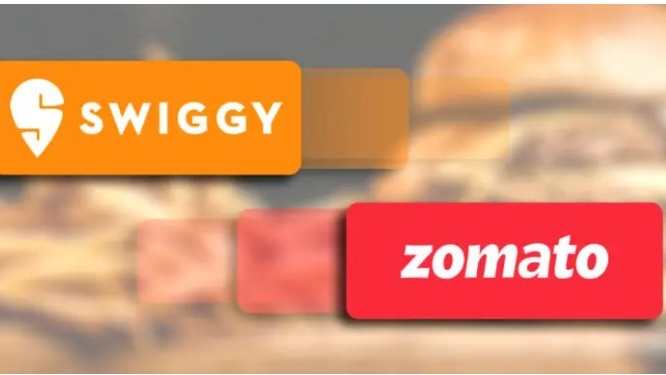
If you are planning to ring in the New Year tomorrow by ordering food through platforms like Swiggy and Zomato, don’t be surprised if you are asked to pay more. For, starting tomorrow, the Goods and Services Tax (GST) changes kick in, and food delivery platforms like Swiggy and Zomato are mandated to collect and pay the GST on behalf of all restaurants.
As ever with tax changes in India, there is a bit of confusion in this one too.
Currently, all cooked food orders sold by restaurants (via food aggregators) invites a 5% GST. That is over and above the 18% GST that all foods get levied at the restaurant. The onus of paying the the 5% GST was hitherto with the restaurants. Now that responsibility has changed to the food delivery platforms.
- Amazon Food takes on Swiggy, Zomato in India
- Indian govt takes street food outlets online through Swiggy
What is the real change? Has a new tax been levied?
The proposal to direct food delivery platforms to collect and pay 5% GST on food orders directly to the government was announced last September at the GST Council Meet.
The decision was taken to bring online food deliveries on par with cooked food sold by restaurants. The government has made it clear that no new taxes have been introduced, and that it is simply a matter of the GST collection centre being transferred.
To make things clearer: At present, if any customer orders from a restaurant using platforms like Swiggy or Zomato, the online food app is supposed to collect the 5% tax on the order from the customer and pass it on to the restaurant that will have to pay the government. From now on, the food delivery apps will collect the same tax from customers and deposit it to the government directly.
Why this change?
The decision was taken in order to prevent revenue leakage at unregistered restaurants. Many eateries are unregistered as they are below the threshold of Rs 40 lakh turnover per annum.
Further, restaurants charge GST from their customers on every order placed through the food delivery app but fail to pay the tax to the government. Delegating responsibility to food aggregators is meant to reduce this tax evasion. It is estimated that the government has so far lost revenue of around 2,000 crore due to revenue leakage.
While Swiggy or Zomato cannot charge you a fee on the GST slab, they can charge a fee that justifies the extra work. And that is where this fear that your online food orders may get costly stems from.
Some clarity is expected to emerge based on the decision that food app companies take.
Check out our yearend stories around Tech, OTT, Fintech and Movies:
- Tata Nano EV – the perfect family vehicle in 2022?
- Smartphone Gaming – what prompted it and where it is headed in 2022
- Tech headlines of 2021 – events that made us sit up and take note
- Our Choice of 2021: Indian OTT films that impressed us, and didn’t
- Sequels for these 10 popular web series on OTT could arrive in 2022
- South Indian films of 2021 that you can’t afford to miss on OTT platforms
- A bumper year for Indian fintechs in 2021 – Good times to last
Keen to follow the latest events and news from the world of consumer electronics and gadgets? Follow TechRadar India on Twitter, Facebook and Instagram!






